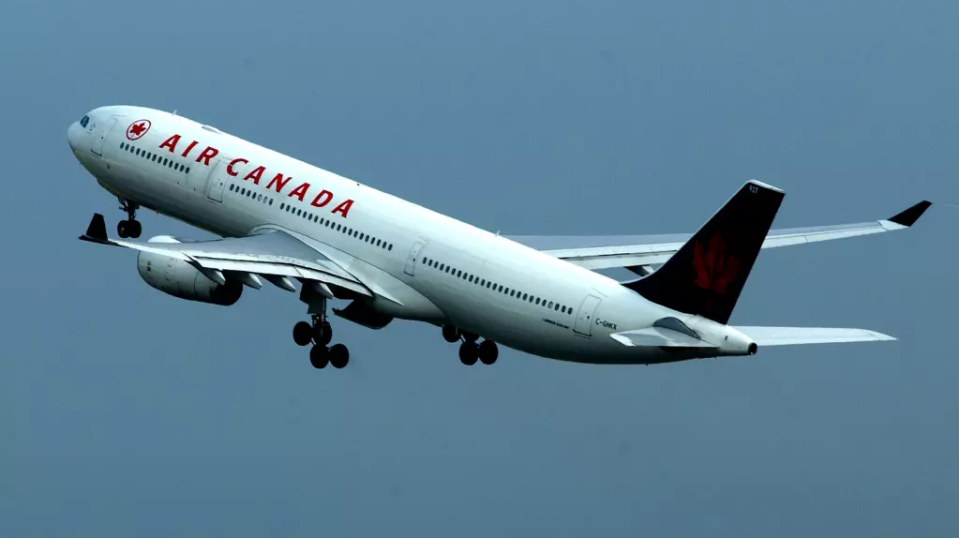COVID testing of air travellers - could be the last straw
'A new brush sweeps clean', as the saying goes, and it hasn't taken forthright airline personality Willie Walsh long to put down a marker as the new Director General of IATA.
Mr Walsh's target of the week is the rising and unacceptable cost of PCR testing for the coronavirus, which is adding such a burden to the price of airline tickets that it is making air travel simply unattractive to far too many people. Air travel is in danger of becoming once again the preserve of the rich with too much time on their hands.
Leisure travel faces a bleak future, and business travel doesn't look like it will pick up sufficiently to cover the leisure losses.
Mr Walsh, who was interviewed in CAPA Live this month (12-May), wants governments to pick up the bill for testing that is a World Health Organisation regulation, but that is hardly on the cards while those governments struggle with mounting debts and borrowing requirements; and decline to reduce aviation taxes. (At least one group airport operator - the biggest in the world, mind - wants to increase charges!)
TO READ ON, VISIT: COVID testing of air travellers - could be the last straw
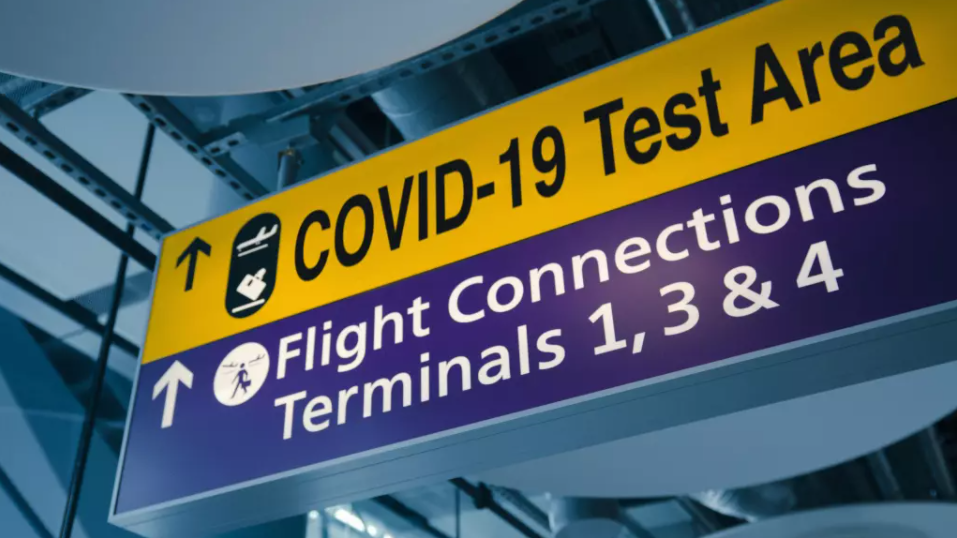
Europe: big 3 legacy airlines' 1Q written off, now over to governments
All three of Europe's big legacy airline groups - IAG, Air France-KLM and Lufthansa - have reported 1Q2021 results. As expected, they all made heavy losses as capacity cuts served to reduce revenues more than costs.
The main short term focus remains available liquidity, where IAG is best placed, with the highest liquidity as a percentage of 2019 revenue. Nevertheless, it is launching a convertible bond issue, and new equity issues cannot be ruled out for Air France-KLM and Lufthansa.
Air France-KLM operated the highest percentage of 2019 ASKs in 1Q2021 and has the most ambitious 2Q2021 capacity plan, aiming for 50% of 2019 ASKs.
For all, the 2021 outlook depends on progress with vaccination programmes and the relaxation of travel restrictions. More than the 1Q2021 numbers, the most important part of the IAG results presentation was CEO Luis Gallego's urging of government action to enable the restart.
TO READ ON, VISIT: Europe: big 3 legacy airlines' 1Q written off, now over to governments

Hitting the herd: traffic lights, bubbles or bust
There is more research suggesting that travel and tourism will bounce back quickly just as soon as the restrictive barriers that have enveloped the industry for more than a year start to be removed.
There are already high levels of sentiment for domestic movement and increasing positivity for international travel; initially leisure and VFR-based, but over time, progressively also for business activity.
This will all be facilitated by the return of airline flight networks. But the routes operated over the remainder of 2021 will look very different from those seen in 2019 before the coronavirus pandemic hit. It is something of a cliché to say the world is a different place in 2021. When it comes to air travel you only have to look at airport aprons and flight departure and arrival boards to see that is precisely the case.
TO READ ON, VISIT: Hitting the herd: traffic lights, bubbles or bust

UK green list just 5% of 2019 airline seats. Europe capacity stagnant
The UK government's confirmation that non-essential international travel can resume from 17-May-2021, at least for England, is good news.
However, England's 'green list' - countries and territories exempt from self-isolation/quarantine requirements - accounted for just 5% of UK seat capacity in 2019. Moreover, testing will still be required from green list countries, and leisure travel to amber and red list countries is still discouraged.
The UK is Europe's biggest aviation market and has the most advanced vaccination programme, so its actions in reopening international travel are likely to be watched by other European nations. Full details of EU proposals to relax restrictions are still awaited.
Meanwhile, current seat capacity (week of 10-May-2021) in Europe is 70.6% below seat capacity in 2019.
The next weakest region on this measure is Middle East, where capacity is down by 49.7% versus 2019; Africa is down by 48.8%, Latin America by 42.3%, Asia Pacific by 35.0%, and North America by 33.7% (the first time since early Feb-2021 that Asia Pacific has fallen below North America).
TO READ ON, VISIT: UK green list just 5% of 2019 airline seats. Europe capacity stagnant
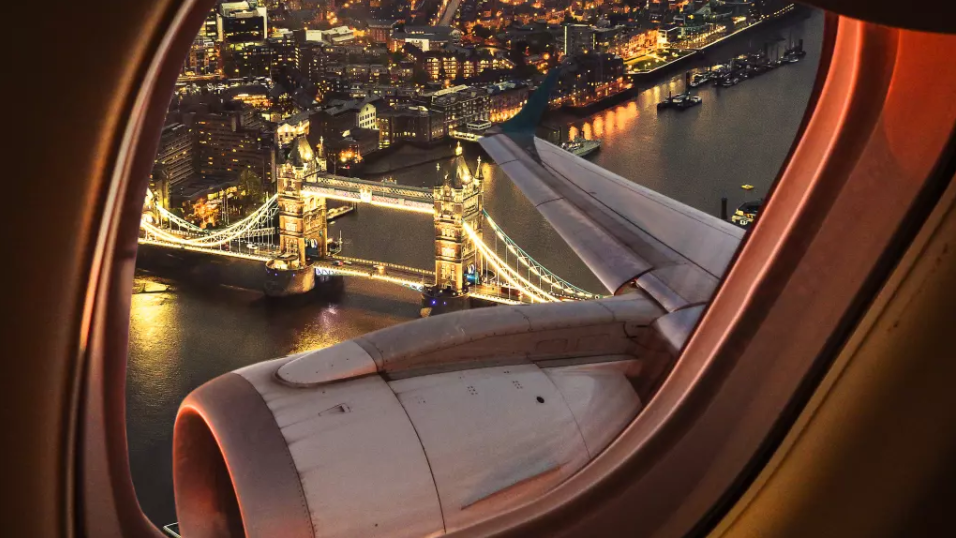
CAPA Live. Air Lease's Hazy: the role of lessors will grow
The coronavirus pandemic has created a range of new realities for the global airline industry, spanning from the challenges of managing down the debt accumulated to stay afloat, to new start-ups hoping to capitalise on perceived opportunities stemming from the crisis.
There's also been an evolution of the role of aircraft lessors because those companies had to work with airlines to create some short term relief as demand vaporised.
But the chairman of Air Lease Corporation, Steven Udvar-Házy, aka Steve Házy, believes airlines will lean on lessors even more, since the leasing community can simply borrow at much more favourable rates.
TO READ ON, VISIT: CAPA Live. Air Lease's Hazy: the role of lessors will grow
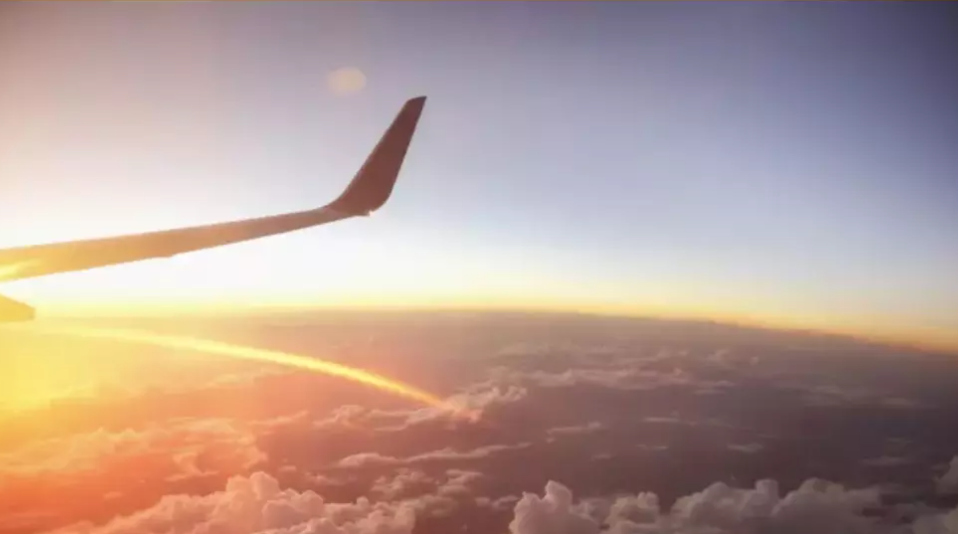
Airport city strategy drives privatisation of Kuala Lumpur airport
It is not unusual for the stock market-listed Malaysia Airports Berhad (MAHB) to be approached by the private sector to take one or more of its 39 Malaysian airports under some form of concession arrangement.
But a recent proposal from a Malaysian businessman with a background in real estate has a different spin on it, because the development of an airport city is at its heart. It helps that MAHB has already committed to invest there.
But that proposal faces the fact that Kuala Lumpur already has one, built around the airport, KLIA, which replaced the one that he wants to invest in.
That suggests the reality may amount to much less than the vision.
TO READ ON, VISIT: Airport city strategy drives privatisation of Kuala Lumpur airport
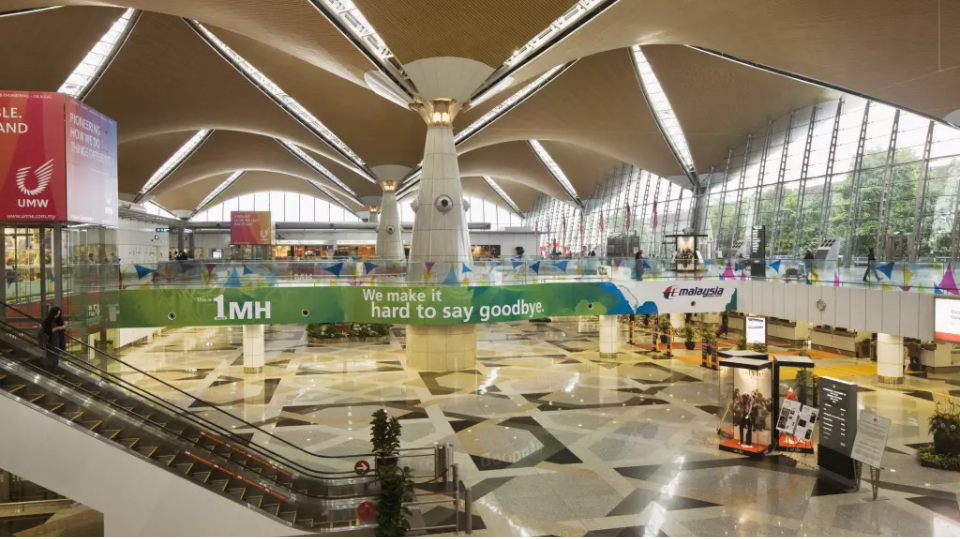
TAV/Groupe ADP consortium completes acquisition of Almaty Airport
For some time Turkey's TAV Airports has been looking further to the east than its clutch of concessioned airports at home and in Georgia, and with an eye particularly on Almaty, the largest city in Kazakhstan and the regional economic driver.
Now TAV has finally secured that airport with a plan to invest heavily in it, taking it under full ownership within a consortium that includes a Russian asset manager.
The prospects are bright, at least on the surface, but there are two 'unknowns' present, namely: the value that Kazakhstan's oil and gas industries will have in the future, and whether or not China's 'Belt and Road' initiative, on which it lies, comes to full fruition.
TO READ ON, VISIT: TAV/Groupe ADP consortium completes acquisition of Almaty Airport
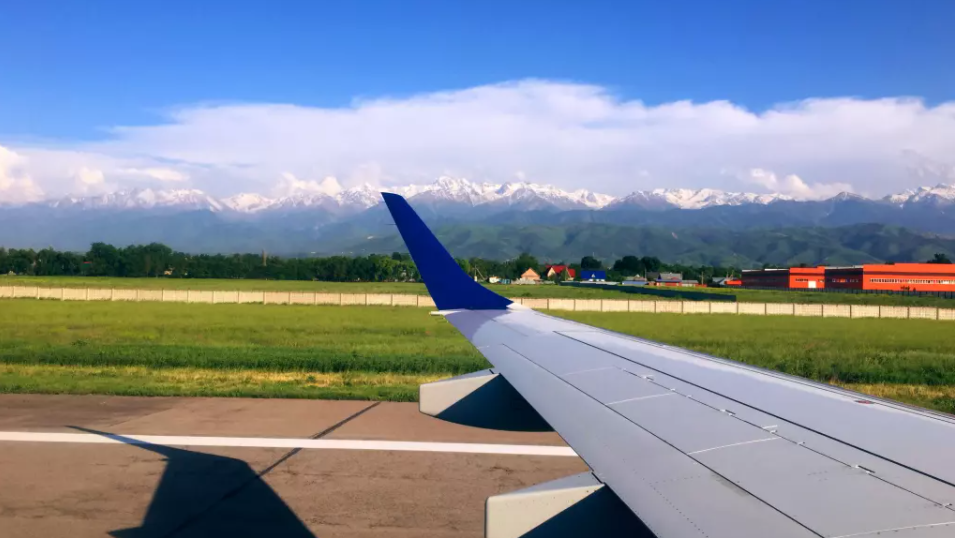
SPECIAL REPORTS: Aviation Sustainability and the Environment
This regular weekly CAPA report features a summary of recent aviation sustainability and environment news, selected from the 300+ news alerts published daily by CAPA. This week's issue includes: Air Canada and EIA enter partnership to test emerging green technologies; ANA Holdings to issue USD92m sustainability linked bonds; LATAM Airlines Group launches onboard recycling programme; United Airlines collaborating with 16 environmental partners; Nagoya Chubu Centrair Airport aims to achieve net zero carbon emissions by 2050.
TO READ ON, VISIT: SPECIAL REPORTS: Aviation Sustainability and the Environment
